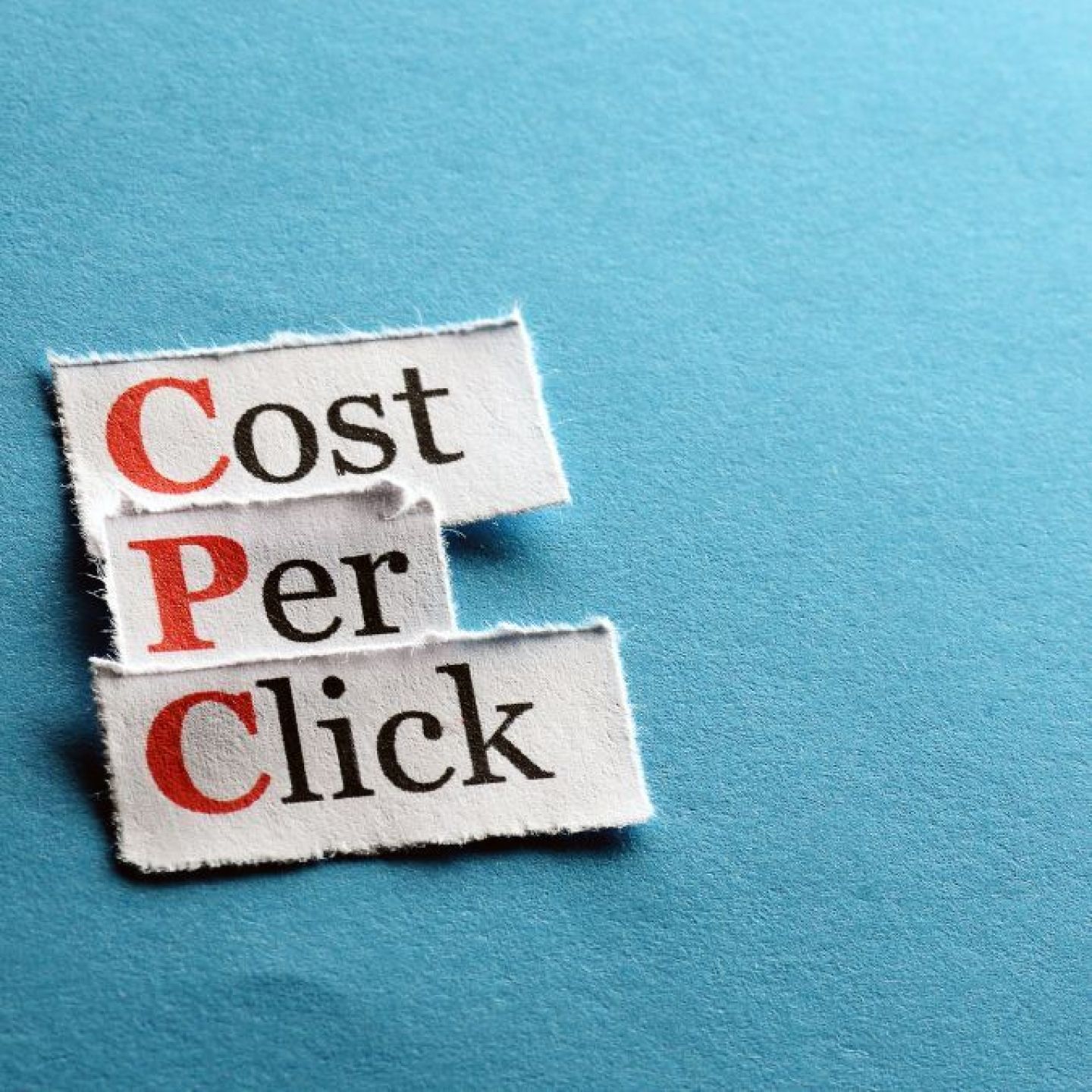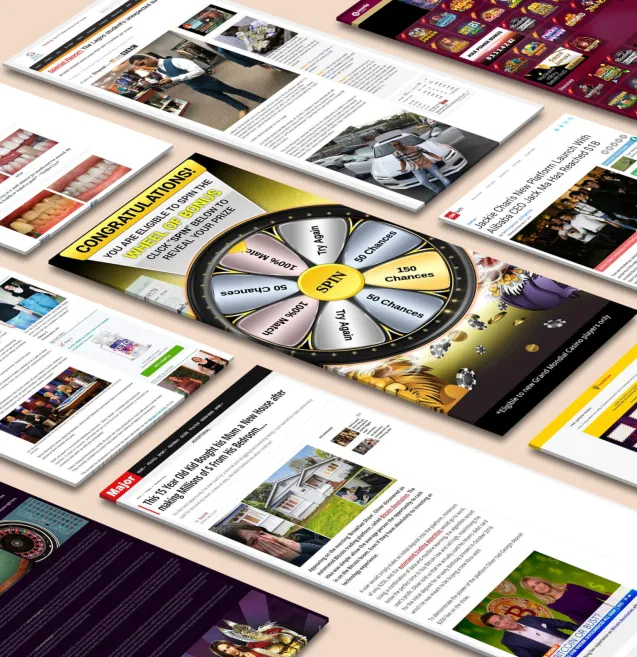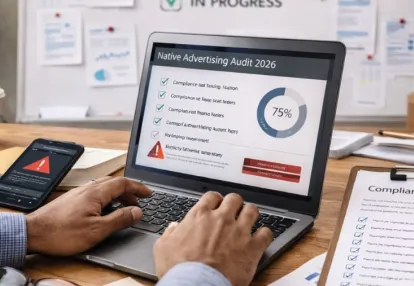
Our spy tools monitor millions of native ads from over 60+ countries and thousands of publishers.
Get StartedIn the world of digital advertising, Cost Per Click (CPC) and Enhanced Cost Per Click (eCPC) are important bidding strategies that decide how advertisers pay for their ads. CPC is a traditional model where advertisers pay a fixed amount each time a user clicks on their ad. It offers control over spending by ensuring payment only when users engage with ads. On the other hand, eCPC is an advanced strategy that adjusts manual CPC bids based on the likelihood of conversion, aiming to boost conversions while maintaining similar costs.
Understanding these differences is crucial for advertisers seeking to optimize their campaigns. Knowing when to use CPC versus eCPC can significantly impact your ad performance and budget efficiency.
In this article, you will learn:
This comprehensive guide will equip you with the knowledge to make informed decisions about your bidding strategy, enhancing your digital advertising efforts.
Cost Per Click (CPC) is a traditional advertising model used widely in digital marketing platforms such as Google Ads. In this model, advertisers pay a predetermined amount each time a user clicks on their ad. This allows for precise control over advertising budgets and ensures that payments are made only when there is measurable engagement with the ad.
The calculation for CPC is straightforward:
[ \text{CPC} = \frac{\text{Total Cost}}{\text{Number of Clicks}} ]
For example, if you spend $100 on a campaign and receive 25 clicks, your CPC would be $4.
While CPC offers numerous advantages, it does have limitations:
Understanding these aspects of CPC helps advertisers make more informed decisions about their digital marketing strategies.
Enhanced Cost Per Click (eCPC) is an automated bidding strategy used in digital advertising aiming for conversion optimization. Unlike the traditional CPC model, eCPC adjusts your manual bids based on the likelihood of a conversion.
Real-time data is crucial for eCPC's effectiveness. It continuously monitors and analyzes:
By integrating these data points, eCPC offers a more nuanced approach to bidding than manual CPC settings can provide. This results in a more efficient allocation of your advertising budget toward potential conversions.
Enhanced CPC focuses on maximizing conversions while maintaining cost efficiency, making it a valuable tool for advertisers looking to optimize their campaigns through automated strategies.
Understanding the difference between eCPC and CPC is crucial for optimizing your digital advertising strategy. Here are the main distinctions:
eCPC automates bid adjustments using real-time data. This means that your bids are dynamically adjusted based on factors like user behavior, device type, and conversion likelihood. The system raises or lowers your manual bids to maximize conversions.
CPC, on the other hand, requires manual bid settings. You set a fixed amount you're willing to pay per click, and this doesn't change unless you manually adjust it.
eCPC is designed to maximize conversions. It optimizes bids by analyzing various parameters that indicate whether a click is likely to convert into a sale or lead. This focus on conversions helps you achieve better outcomes with your ad spend.
CPC primarily focuses on click costs. While it allows you to control spending by paying only when users click on your ads, it doesn't account for the likelihood of those clicks converting into valuable actions.
eCPC offers enhanced performance insights. With its automated adjustments, you can gain deeper understanding of how different factors affect your conversion rates and overall campaign efficiency. This data-driven approach helps you make more informed decisions.
CPC provides limited insights. Since it focuses solely on clicks, you may find it challenging to determine which aspects of your campaign are driving conversions and which are not.
Comparing eCPC against CPC reveals the advantages of automation and conversion-focused strategies in today's competitive digital advertising landscape.
Enhanced Cost Per Click (eCPC) uses real-time data to automatically adjust bids, making it more likely for users to complete desired actions on your website. This means that your bids are optimized based on factors such as user behavior and device type. As a result, you can expect higher conversion rates since eCPC targets clicks that are more likely to convert.
With eCPC, budget allocation becomes more efficient. The strategy uses real-time performance data to make informed bid adjustments, ensuring that your advertising dollars are spent where they are most effective. By continuously optimizing bids, eCPC helps in better utilizing your budget to achieve higher conversion value.
One of the significant benefits of eCPC is its ability to enhance overall campaign efficiency. By automating bid adjustments and focusing on conversions, eCPC minimizes wasted spend on low-performing clicks. This leads to a more streamlined campaign management process and ultimately results in improved Return on Investment (ROI).
Understanding these key benefits of eCPC can help you make more informed decisions when planning your digital advertising strategies. The dynamic nature of eCPC ensures that your campaigns are consistently optimized for better performance and higher conversions.
Learning how to use eCPC in campaigns involves understanding the setup process within Google Ads. Follow this step-by-step guide:
Conversion tracking is crucial for effective use of eCPC. Without it, Google Ads can't accurately adjust bids based on conversion likelihood. Set up conversion tracking by:
Integrating eCPC with other automated bidding strategies like Target CPA (Cost Per Acquisition) and Target ROAS (Return on Ad Spend) can further enhance campaign performance. For instance:
Combining these strategies with eCPC allows for a comprehensive approach to automated bidding, optimizing both clicks and conversions effectively.
Moreover, leveraging insights from competitive analysis can significantly boost your advertising effectiveness. Utilizing tools such as Anstrex, which allows you to spy on profitable native ads, can provide valuable data that helps in building winning native advertising campaigns and getting more for your advertising spend.
Google Ads offers a range of automated bidding strategies designed to meet different campaign goals. These Smart Bidding options leverage machine learning to optimize for conversions and conversion value.
Choosing the right bidding strategy depends on your campaign objectives and how much control you wish to maintain over your bids.
Several businesses have reaped significant benefits by implementing Enhanced Cost Per Click (eCPC) in their advertising strategies. For instance, Duga Digital, a digital marketing agency, reported a substantial increase in conversion rates by optimizing their clients' campaigns with eCPC. The agency observed that dynamic bid adjustments based on real-time data allowed them to target high-value customers more effectively, leading to improved ROI and customer acquisition costs.
In the healthcare sector, Oxford Online Pharmacy provides a compelling example of eCPC’s impact. By leveraging enhanced bidding strategies, the pharmacy was able to focus on conversions rather than mere clicks. This shift resulted in:
The healthcare professionals at Oxford Online Pharmacy emphasized the importance of incorporating eCPC into their digital marketing strategy. They noted that the ability to adjust bids based on user behavior and device type significantly contributed to their advertising success.
These examples illustrate how eCPC can transform digital advertising efforts across various sectors, providing valuable insights and tangible results.
Understanding eCPC is essential for modern digital advertising. Automated strategies like eCPC are transforming the landscape by improving conversion rates and optimizing ad spend. Advertisers can leverage real-time data to dynamically adjust bids, achieving better return on investment. As digital advertising continues to evolve, embracing these automated techniques will be crucial for staying competitive and maximizing campaign performance.
Receive top converting landing pages in your inbox every week from us.
Must Read
Stay ahead of upcoming regulations with this essential native ads compliance and policy checklist for 2026. Learn how to align your campaigns with new advertising standards while maintaining transparency and performance. Discover key updates in disclosure rules, data usage, and creative best practices. Perfect for advertisers preparing their strategies early to ensure smooth, compliant campaigns in the new year.
Dan Smith
7 minDec 21, 2025
How-To
Native ads can do more than drive clicks—they can build long-term brand loyalty. Learn how to use authentic storytelling, strategic placement, and audience targeting to strengthen trust during year-end campaigns. Discover how subtle, value-driven messaging keeps customers engaged beyond the holidays. Ideal for marketers aiming to turn seasonal buyers into loyal brand advocates.
Marcus Chen
7 minDec 15, 2025
Must Read
As third-party cookies fade away, contextual targeting is making a powerful comeback. Learn how to leverage native ads that align with user intent and content relevance to maintain high engagement and conversions. Discover modern tools and tactics that make cookie-free targeting both precise and scalable. Ideal for advertisers seeking privacy-friendly ways to drive performance in 2025 and beyond.
Liam O’Connor
7 minDec 9, 2025




